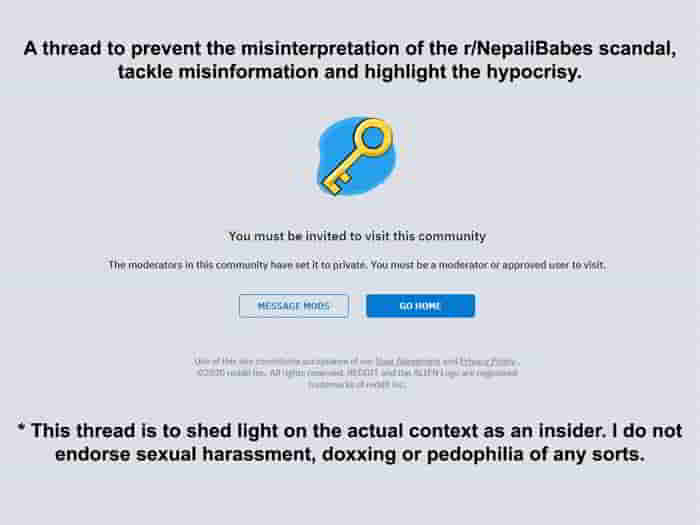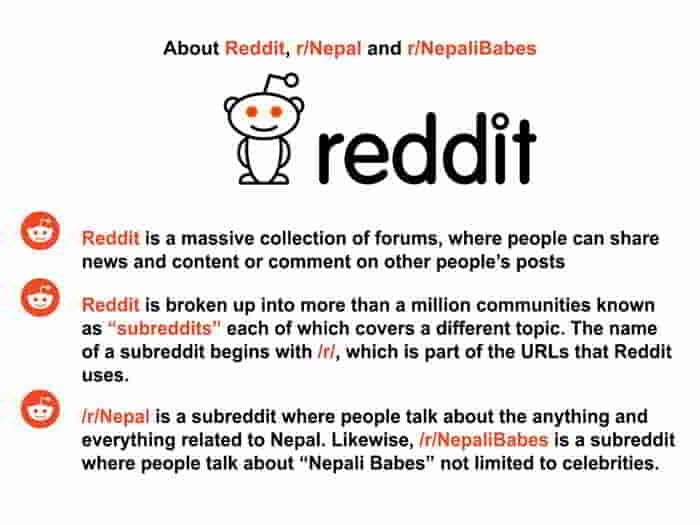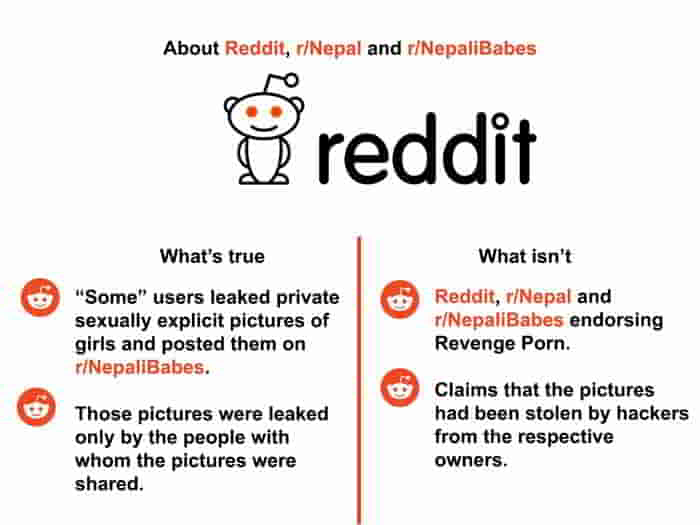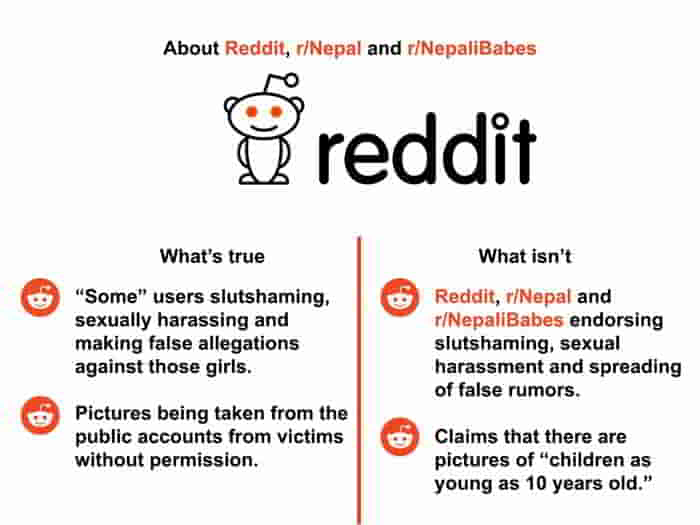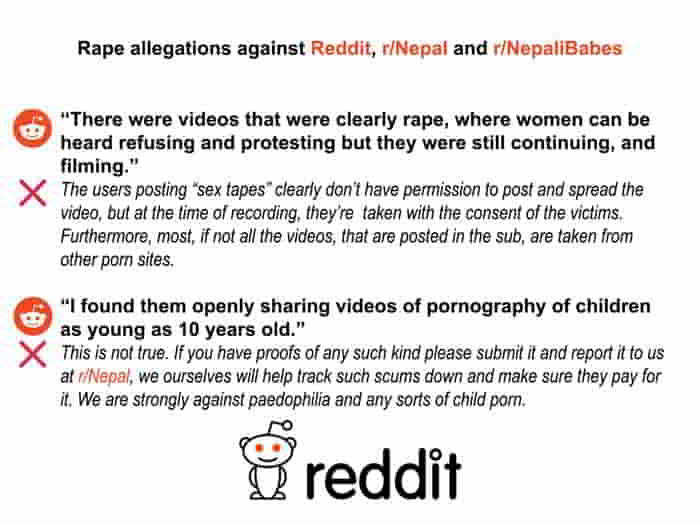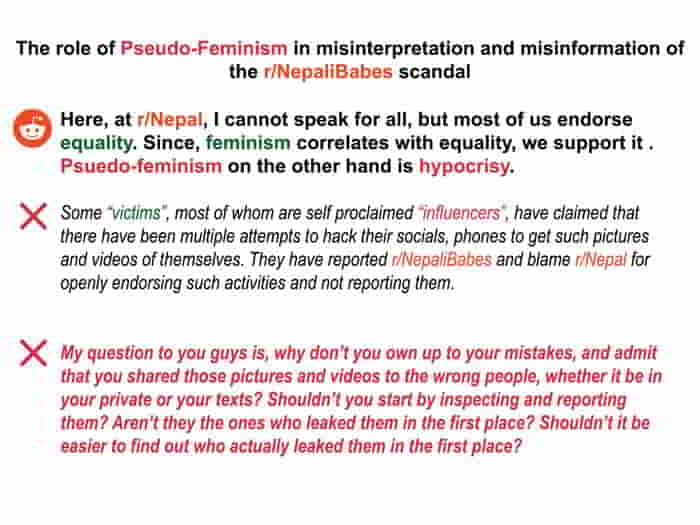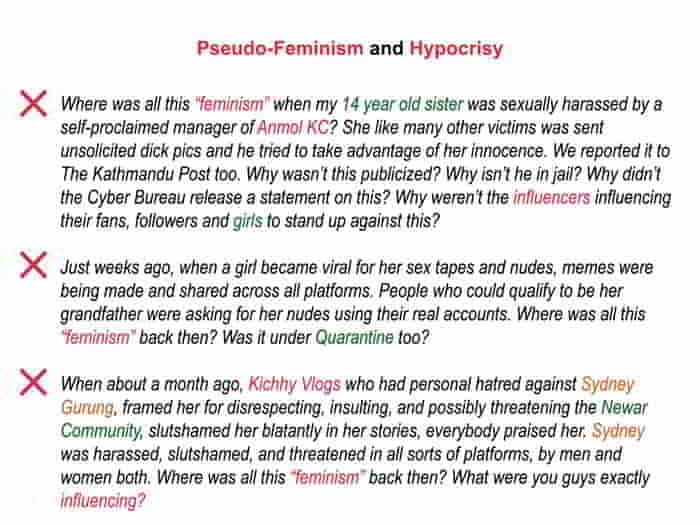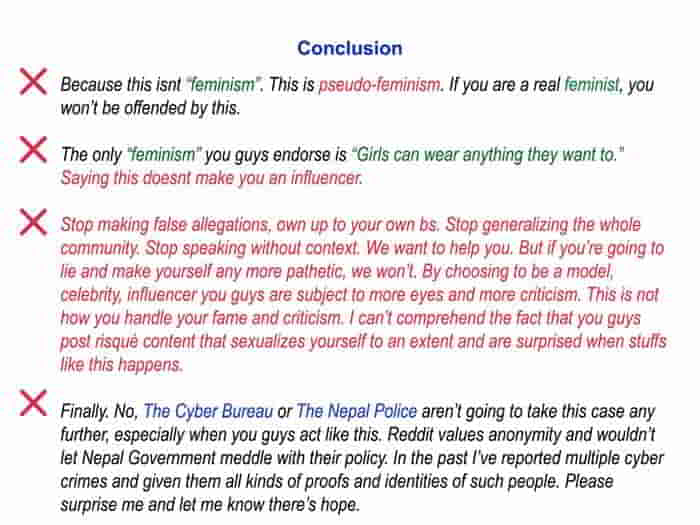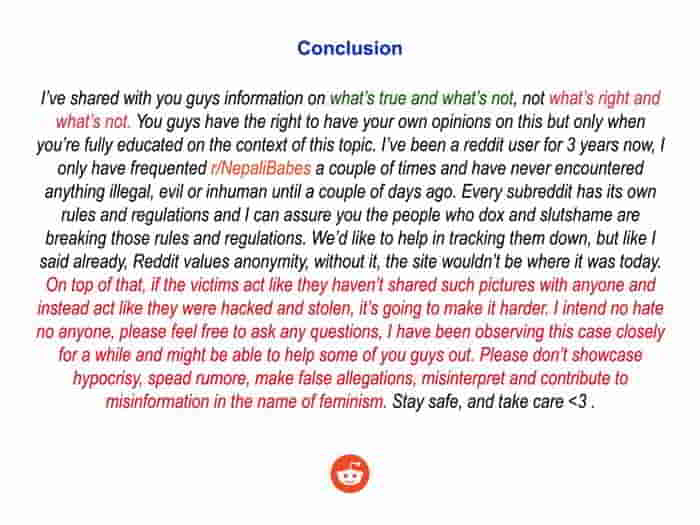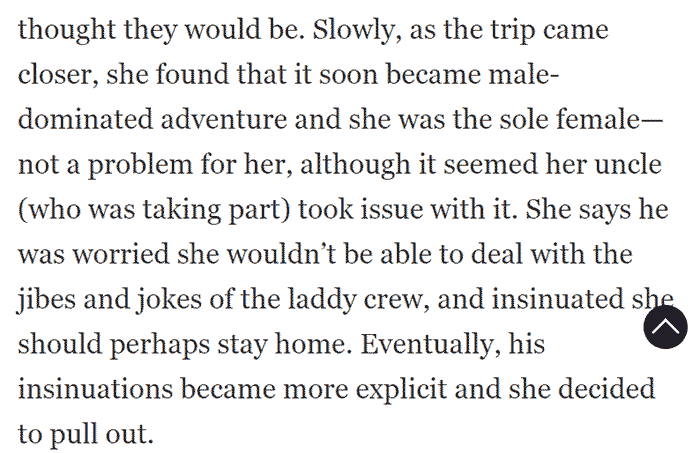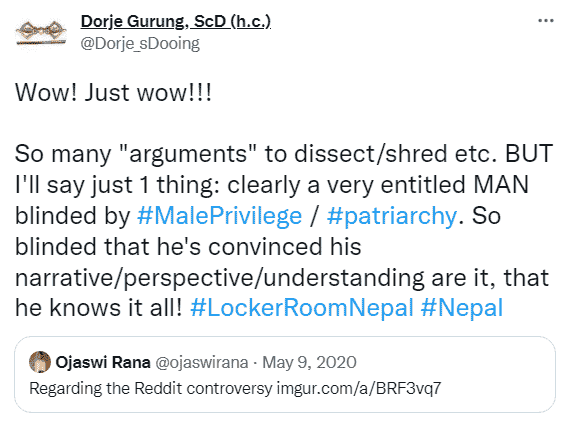
There are times when I am embarrassed to be a Nepali man. Had I never left Nepal and never had the kinds of education and life experiences I have had, I probably wouldn’t have cared as much about the many things and issues that I do deeply care about. For that reason, I would have likely never gotten to a point of being, at times, even ashamed of being a Nepali man.
Ok, even had I never left Nepal, I might have taken issues with a number of aspects of Nepali people and society. As a matter of fact, some of the reasons for wanting to “escape” from Kathmandu had been some of those issues. One of them, ironically, was the shame I was made to feel for the context and circumstance of my birth.
One thing about Nepal that embarrasses me, for example, is the caste system and its attendant prejudicial attitudes and behaviors of fellow Nepalis. Another is the individual as well as the systemic and institutional discrimination meted out to groups or castes in the country, many of which — especially the ones meted out to the Dalits — are despicable. Still others that are embarrassing to me are the arrogance of Nepali males, the abysmally poor quality and level of education in the country, and the incompetence, ignorance, and arrogance of people in positions of power and influence etc.
Another thing that embarrasses me regularly and am very ashamed of — which is also tied to the arrogance and ignorance of us Nepali men — is the way we treat our females. As a matter of fact, so embarrassed am I with the exclusion of females and so blatantly made obvious by the media with little qualms of any kind, for example, that I maintain a twitter series I call the #HallOfShame. In it, I tweet the predominantly male-featuring images published in the media. From time to time, I collate and reproduce them in blog posts. I have already published four of them. You can find them here, here, here, and here.
Not long after the Bois Locker Room scandal in India broke out, posts on social media hinting at the existence of Reddit communities for Nepali boys and men no different from it started making the rounds. I went snooping and discovered two such communities. The first one was public at the time and the other private. What I saw on the public community was disgusting. According to Reddit though, it has now been “banned due to a violation of Reddit’s content policy against involuntary pornography.”
Anyway, one user, has decided he — pretty sure a he — would address and respond to, i.e. mansplain, everything surrounding the issues people have raised about the the communities. It looks like it was originally posted on Reddit itself and then reproduced on Imgur. I myself saw it on Twitter.
After reading it in its entirely, I responded thus on Twitter.
“Wow! Just wow!!!
So many “arguments” to dissect/shred etc. BUT I’ll say just 1 thing: clearly a very entitled MAN blinded by #MalePrivilege / #patriarchy. So blinded that he’s convinced his narrative/perspective/understanding are it, that he knows it all! #LockerRoomNepal #Nepal“
And followed that up with the following:
“Something else that’s pretty pathetic: some of the “arguments” or rebuttals aren’t even that! Most of his defensive & offensive counters appear to be d ramblings of a very insecure but arrogant & ignorant man whose globe-sized ego appears to have been bruised. #Nepal #partriarchy“
The man appears to be an administrator of the subreddit r/Nepali (see image 5). He, however, even after going to the trouble of providing such a lengthy defense of one of the communities, he had the gall to admit (see image 9) “I have been a reddit user for 3 years now and only have frequented r/NepaliBabes a couple of times [emphasis mine][.]”
Anyway, reproduced below are the images with the contents of his response found on Imgur
The above is in defense of and an attempt to explain away Nepali men being vile and disgusting on a Reddit community. Here is but just one such man being just that on one of the communities.
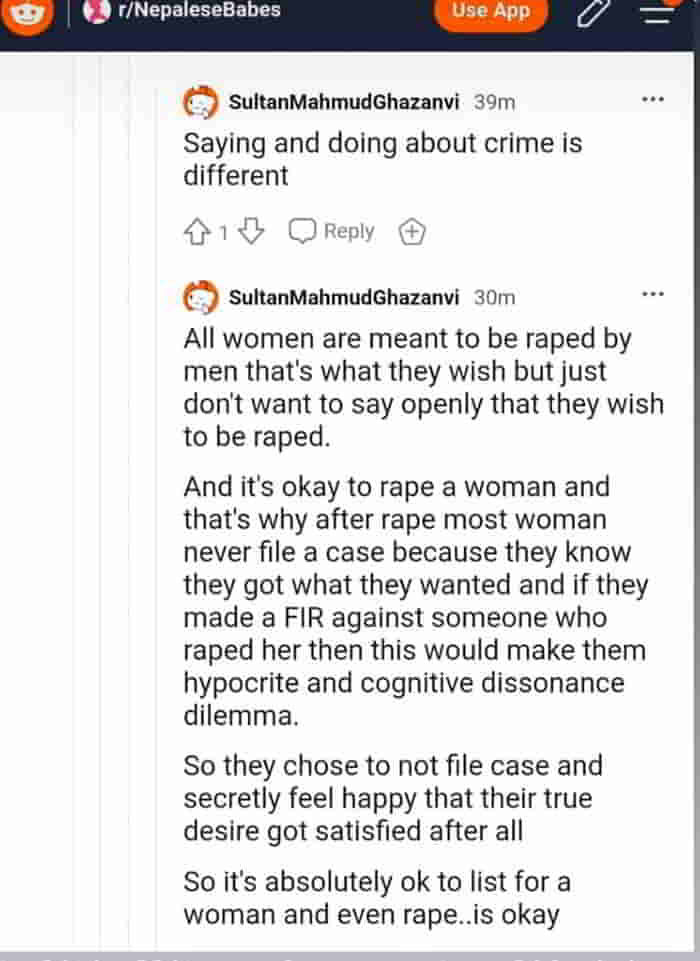
Again, I am NOT going to even dignify any of those ramblings with a response of any kind.
Growing up in the highly patriarchal society of Nepal, in a family of five boys attending an all-boys school, and very shy around girls and women, my knowledge about and understanding of Nepali girls and women were limited to what I saw at my own home and here and there at the homes of relatives and friends. Some of that which I saw, I took issue with even then. But had I never left Nepal, again, I would probably NOT have taken any issues with social gatherings with my school friends being almost always all male, for example. This exclusion of females my middle aged Nepali men or by most other adult men at social gathering, is not unusual. As matter of fact, that is THE norm.
Here’s what a Nepali woman biker discovered when she was interested in accompanying a group of men on a road trip as reported in an article in The Kathmandu Post.
One reason the men didn’t want her along, I bet, was because they didn’t want to have to tone down their “locker-room banter.” Plus, this is not really unusual, really. At social gatherings, Nepalis consciously and deliberately self-segregate along gender lines, among others. And not surprisingly, that starts very early. I have noticed children as young as fifth graders self-segregating in their classrooms.
What’s more, in Nepali men culture, posturing is more important than having any conversation that’s even remotely serious. Discussing and critically analyzing issues logically, with cool heads, with the goal of getting to or near the bottom of them and addressing them? Forget it! Naturally, they get very defensive and/or go on the offensive just the way the Reddit man has done.
Anyway, returning to Nepal seven years ago, after spending pretty much most of my adult life abroad, I have finally had some opportunities to get to know and learn about the lived experiences of Nepali girls and women. After listening to and reading about them, I have come to the conclusion that domestic violence is significant problem in the country.
Another sobering conclusion I have come to is that more girls and women in Nepal likely suffer from sexual abuse — some even from rape — in their homes in the hands of people they know than not. I have also discovered that the biggest killer of reproductive age girls and women in the country is suicide.
Of course, the views Nepali men (such as those above) and society have of — and our attitude towards — our females are the foundations for the kind and level of verbal, emotional, physical, and sexual violence our society is characterized by, especially against females.
Growing up as a Bhote child was — among other things — a source of shame and embarrassment in Nepal. I overcame that with education and incredible life experiences as an international teacher and world traveler. Now, as a middle-aged man, my sources of shame and embarrassment are the way we, Nepali men, view and treat our women.
What do you think?

